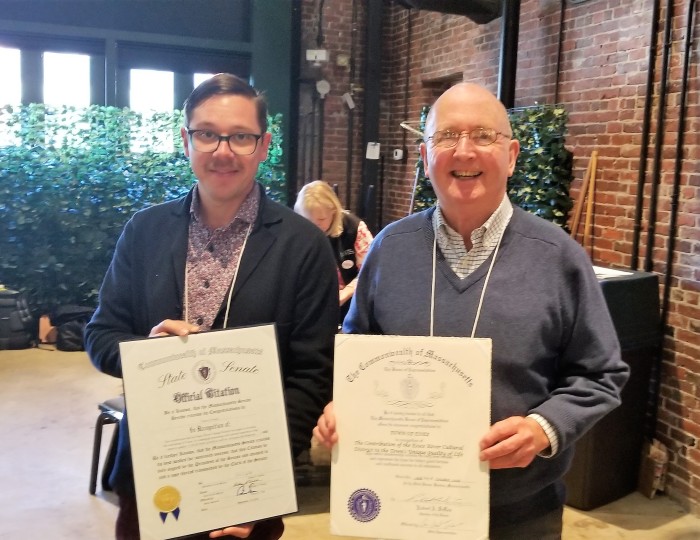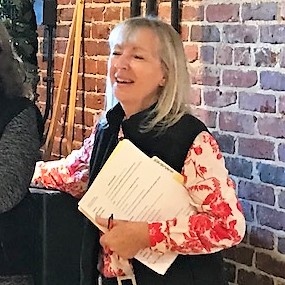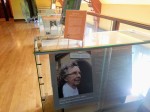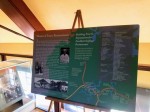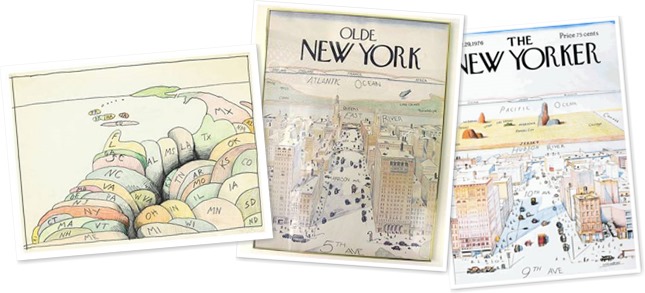December 2018 looking ahead:
“We are on the front lines of a war on poverty. Not necessarily a shortage of material wealth, although its distribution in America is both a consequence and contributor to the current distress.
The poverty our field confronts every day is that which Robert Kennedy confronted while running for President in 1968. He contrasted the wealth represented in the nation’s gross national product with the wealth necessary to sustain a democracy and make life worth living.
He said, “…the gross national product does not allow for the health of our children, the quality of their education or the joy of their play. It does not include the beauty of our poetry or the strength of our marriages, the intelligence of our public debate or the integrity of our public officials. It measures neither our wit nor our courage, neither our wisdom nor our learning, neither our compassion nor our devotion to our country. It measures everything, in short, except that which makes life worthwhile.”
We are currently in one of the best economies in a generation, but studies show record declines in our sense of well-being. Worse yet, life expectancy in the U.S. has declined for the third straight year. Major newspapers are sounding the alarm. In the Washington Post, George Will writes that loneliness, a major public health problem, is in “epidemic proportions” and that people are unhappier, more isolated and less fulfilled. David Brooks claims, in the New York Times, the biggest factor is the crisis of connection. We are “in a straight-up social catastrophe,” he writes.
For nearly the last 20 years, those of us who advocate for the arts and culture have made the economy the centerpiece of our argument. We’ve collected economic impact data, counted the jobs we create and the taxes we generate, and touted our centrality to the tourism industry. We became the poster child of the creative economy. In an environment of it’s the economy stupid, these arguments won over state legislators and delivered budget increases to state arts agencies.
Five years ago, I wrote a column for a national arts blog suggesting that it was time to dial back the economic argument, even suggesting that there is something powerful about the intrinsic value of the arts. That the transforming power of culture is the power of creative expression, human engagement, and empathy.
This is the poverty of our time. When Kennedy spoke of joy, beauty, intelligence, integrity, wit, wisdom, courage, compassion, and devotion he spoke of the ideals that are inherent in art and culture.
The arts and culture are the antidote to what ails us as a nation. In fact, they can both prevent and cure. Studies show that creative and cultural participation enhances human health and well-being leading to: reduced social isolation; opportunities for learning; calming experiences and decreased anxiety; more optimism, hope and enjoyment; increased self-esteem and sense of identity; increased inspiration and “meaning-making;” and better communication.
I can write about the studies and outcomes, but the heart is more articulate:
“It is a remarkable experience to witness a high school student watching a young adult with down’s syndrome or cerebral palsy offer a sonnet, and think to himself, ‘I want to do that. I want to have that kind of courage, that kind of conviction.’ Or to be a man or a woman of any age and watch someone you have typecast in your heart of hearts as somehow less than, stand in the center of a crowd and speak a truth about what it is like to dream of being seen for all of what you offer and know that a wall has just fallen…and through that kind of honest performance, know that you have been changed for the better,” writes Maria Sirois about Community Access to the Arts in Great Barrington, an organization that unleashes the arts in people with disabilities.
Music can help stroke victims regain their speech. You’re never too old to sing, or dance, or paint. Victims of Alzheimer’s disease or dementia find calm and clarity through the arts. Art is a universal language that bridges race, ethnicity, and culture – in a neighborhood, or across continents. The arts help explain the complexity of physics or climate change. Science and art are close cousins, sharing the bloodlines of creativity, risk taking, and problem solving.
Massachusetts cultural organizations are committed to serving everybody in the Commonwealth. They joined a new program this year to offer the benefits only the arts and culture can provide to people who have fallen on hard times and are receiving assistance through the state EBT card, a card that provides help to families living near the poverty level. Our organizations agreed to offer free or greatly reduced admission prices to EBT cardholders. In our first year, we tracked 220,000 EBT admissions.
Nearly a quarter of a million doses of arts and culture to people in need. Again, the heart is in the stories. One concertgoer, who had not been able to attend a concert in years said, “It was nice to have a slice of my old life back.” Another said “It’s hard to describe the feeling of being able to do something ‘normal’ when everything else isn’t.”
The Mass Cultural Council is not an economic development agency, but when we do arts well, tourists visit and spend money, communities become destinations and better places to live, jobs are supported and created, innovators want to live here, and build new businesses.
The Mass Cultural Council is not an education agency, but when children have a quality experience participating in the arts, in school, and out of school, they exercise their creative minds, learn to think critically, are better observers and team players, and get a better education.
The Mass Cultural Council is not a human service agency, but when some of our most troubled youth participate in arts programs that give them a productive outlet for their fears and anger, provide a supportive community, build self-esteem and teach skills that will last a lifetime, these young people are saved from gangs, prison, drugs, even death.
In her book “Not for Profit: Why Democracy Needs the Humanities,” philosopher Martha Nussbaum writes:
“Citizens cannot relate well to the complex world around them by factual knowledge and logic alone. The third ability of the citizen, closely related to the first two, is what we can call the narrative imagination. This means the ability to think what it might be like to be in the shoes of a person different from oneself, to be an intelligent reader of that person’s story, and to understand the emotions and wishes and desires that someone so placed might have.”
Martha Nussbaum is a close reader of Aristotle, who defined the good life as one that was authentically meaningfully rich: rich with relationships, ideas, emotion, health and vigor, recognition and contribution, passion and fulfillment, great accomplishment, and enduring achievement.
George Will writes of the crumbling of America’s social infrastructure and the need for new habits of mind and heart, new practices of neighborliness. David Brooks says, “It’s not jobs, jobs, jobs anymore. It’s relationships, relationships, relationships.” Real relationships, not virtual or transactional ones. True engagement of heart and mind.
The poverty we face is one we can defeat. Novelist Alice Walker once said, “The most common way people give up their power is by thinking they don’t have any.”
Story. Imagination. Empathy. This is our superpower: the power of culture.” –
Anita Walker , Executive Director, Massachusetts Cultural Council (MCC)
Visit the Mass Cultural Council website
Have a podcast listen – Creative Minds Out Loud: podcast for art and Culture – Informative and lively conversations with arts and cultural leaders. Creative Minds Out Loud is a project of the Mass Cultural Council, and is hosted by Executive Director Anita Walker. https://creativemindsoutloud.org
Spread The GMG Love By Sharing With These Buttons:









